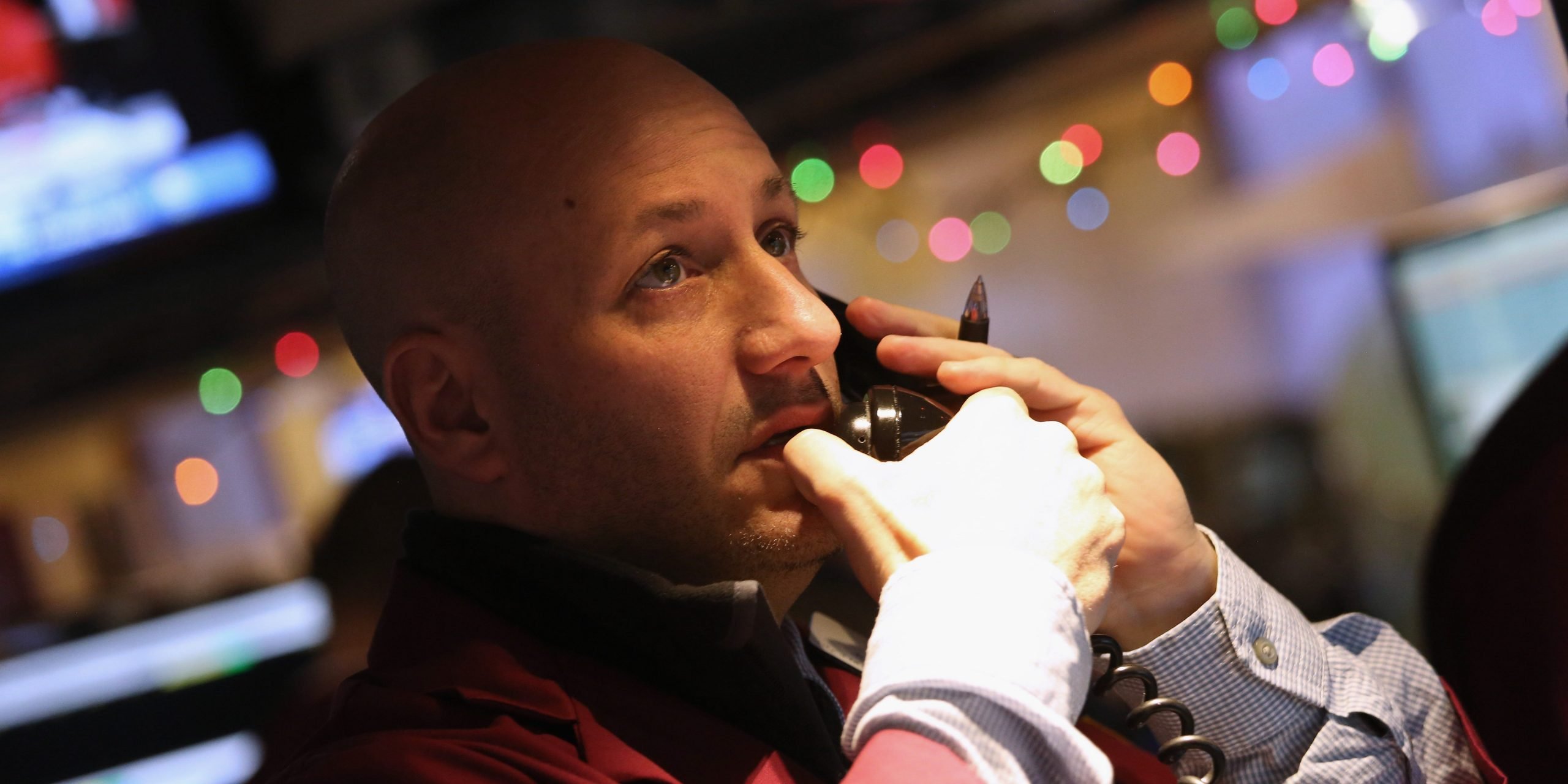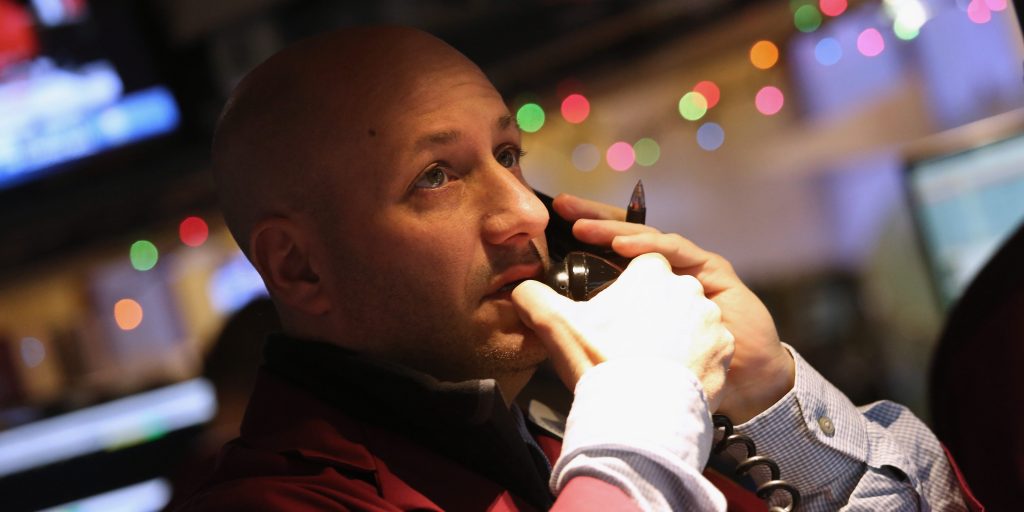
- Bond rallied Monday as investors fled the stock market and flocked to safe-haven assets.
- The drop in the yield highlights a drop in risk appetite among investors as COVID-19 cases increase worldwide.
- The 10-year yield fell to 1.181% and an intraday low of 1.176% was the lowest since February 11.
- See more stories on Insider's business page.
Investors fled into the bond market Monday, pulling the yield on the closely watched 10-year Treasury to its lowest since February, with investors dashing out of equities on fears that rising COVID-19 infections will threaten recovery in the world's largest economy.
Coronavirus cases have been rising worldwide, led by the Delta variant, pushing the number of infections to nearly 191 million, according to tracking by Johns Hopkins University. Concerns about mounting cases tipped into stocks, pulling the S&P 500, the Dow Jones Industrial Average, and the Nasdaq Composite from recently set record highs.
The S&P 500 lost more than 2% intraday, and all 11 of the index's sectors fell, though defensive groups such as consumer staples and health care fared better than most.
With investors fleeing so-called risk assets like stocks, US government bonds rallied and in turn sent the rate on the 10-year yield tumbling by 12 basis points to 1.181%. An intraday print of 1.176% was the lowest rate since February 11. The 10-year yield is tied to a range of loan programs such as mortgage lending.
"The global economy is barely surviving on life support, and another wave of infections may spur lockdowns that could signal the death knell for the tenuous recovery," and risk aversion was most pronounced in the 10-year yield, said Peter Essele, head of investment management for Commonwealth Financial Network, in a note Monday.
All 50 US states have been reporting higher caseloads and Los Angeles County, the country's largest, has reverted back to indoor mask mandates, impacting how businesses operate. Meanwhile, the UK posted more than 50,000 new cases for the first time in six months on Friday. In the Asian financial hub of Singapore, new cases have nearly doubled to their highest amount in 11 months.
"Fear of stagflation will be a major concern for investors if a resurgence in COVID infections causes economies to slow while consumer prices continue an upward trajectory," said Essele.
US consumer prices rose in June, propelling the inflation rate to a higher-than-expected 5.4%, with prices springing higher for used cars, food and energy.

